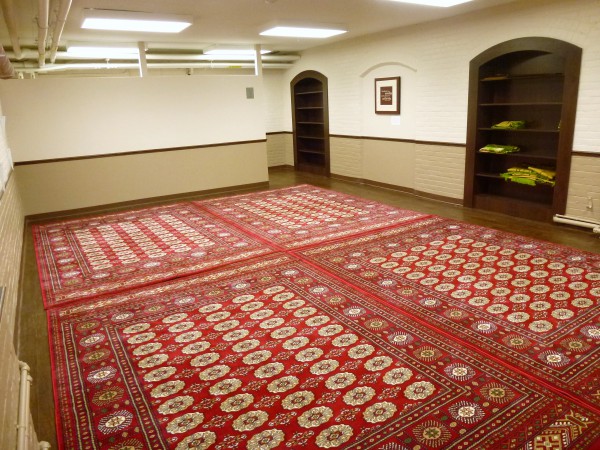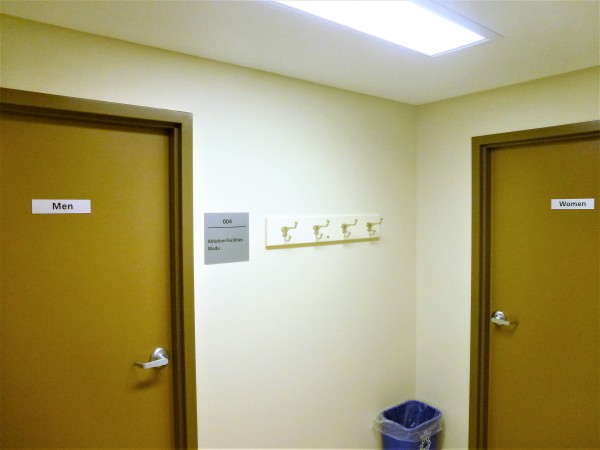Emmanuel College strives to be a learning community where students become more deeply rooted in their own religious or spiritual traditions while engaging the beliefs and practices of people of other traditions. To that end, there are a variety of tradition-specific and interfaith spiritual life opportunities for students, staff, faculty and alumni to participate in.
If you are currently enrolled as a student, you will receive weekly info for our recurring events through the weekly @EC newsletter.
If you are not a current student, please fill out our spiritual life gatherings sign-up form to receive the current semester’s schedule of Spiritual Life Gatherings.
You can also email the Spiritual and Community Life Program Coordinator for more information about our programming.
TUESDAYS – Buddhist Sangha
Tuesdays, 1-1:45 p.m. ET
A time for Buddhist spiritual practices led by a combination of ordained Buddhists from various lineages and MPS students in the Buddhist stream. We gather in the Buddhist Room, EM002.
TUESDAYS – Christian Midday Prayer
Tuesdays, 12:15–12:45 p.m. ET
A simple service of midday prayer, based on the liturgical tradition of daily prayer, and rooted in the contemplative traditions of the Daily Office. These services include prayer, music, scripture, silence and reflection. While these services are intended to offer participants a time of pause for reflection and prayer, connection and worship, they are also an opportunity for those so interested to exercise creativity and employ approaches that may be new or different in a learning environment. We gather in the Chapel, EM319
WEDNESDAYS – Christian or Interfaith Service
Wednesdays, 1:30–2:45 p.m. ET
Wednesdays are our main gathering time as a community, and we alternate between services of Christian worship, which frequently includes the celebration of the Sacrament of Communion and interfaith gatherings.
Spiritual Life Team
Spiritual Life Team
Spiritual Life opportunities at Emmanuel College are coordinated by the Spiritual and Community Life Program Coordinator, in collaboration with the Spiritual Life Team and Faculty Advisor to the Team.
The Spiritual Life Team is made up of a group of students who are selected to engage in collaborative oversight, planning, leadership and evaluation of spiritual practices and other occasional events and services at the College. As a part of their participation in this Team, students earn course credit. Applications to this Team are received each April.
Spiritual Life Team 2023-2024
Faculty Advisor to the Spiritual Life Team
Rev. Dr. David Kim-Cragg
Ablution Facilities and Muslim Prayer Space
In September 2012 we opened the Ablution Facilities and Dedicated Muslim Prayer Space at Emmanuel College. The Muslim Prayer Space is available to all Muslim students, staff, and faculty at the University of Toronto. The Muslim Chaplaincy at the University of Toronto (MCUofT), whose office is just down the hall, often holds events in this space.




Other Spiritual Life Resources at U of T
Muslim Chaplaincy at the University of Toronto
Multi-Faith Centre at the University of Toronto
Ecumenical Chaplaincy at the University of Toronto
NAVI: your U of T mental health way-finder
